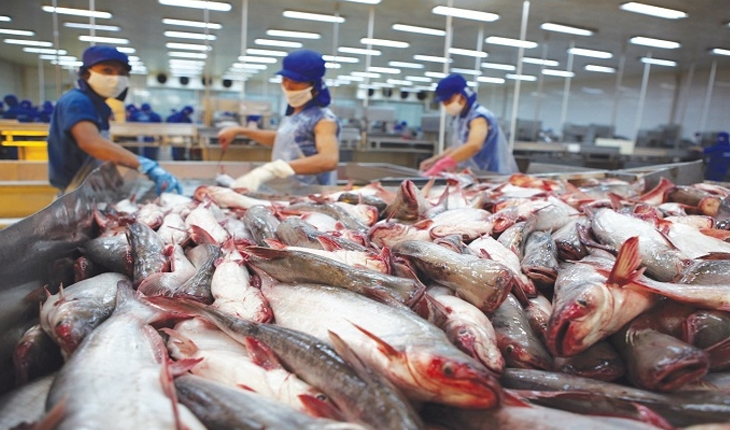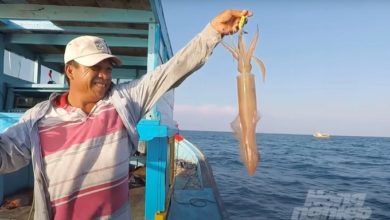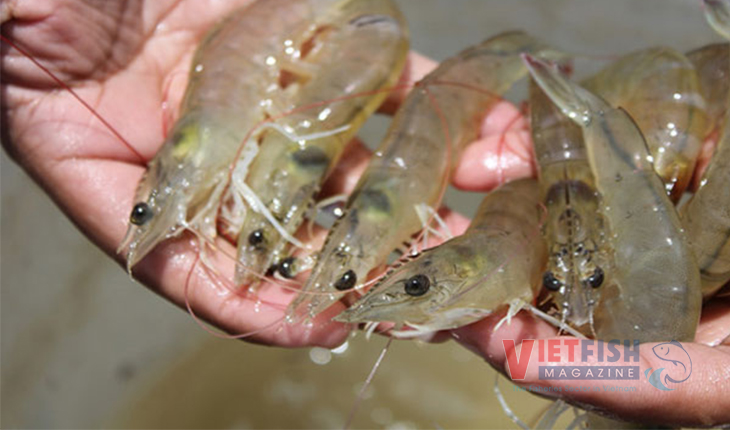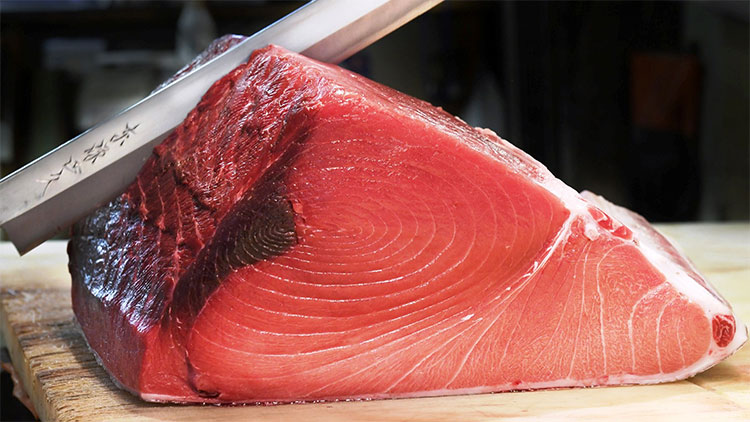Shrimp Exporters to be inspected by EU for possible transshipment of Indian Shrimp
Inspectors of the European Union (EU) have examined several shrimp exporters in the Mekong Delta provinces of Bạc Liêu and Cà Mau due to doubts about the designation of product origin, said Tran Thanh Hai, deputy director of the Import-Export Department under Vietnam’s Ministry of Industry and Trade.
Since Vietnam enjoys preferential tariffs, EU countries require the Southeast Asian nation to guarantee the Vietnamese origin of products exported to them, Mr. Hai said at the 2017 annual economic forum held by Can Tho People’s Committee on April 13.
Currently, EU import tariffs for Vietnam’s shrimp are much lower than those for India. Particularly, the tariff for unprocessed shrimp imports from Vietnam is 4.2%, compared to 12% for India. For semi-processed shrimp, Vietnam enjoys a tax rate of about 7% while that of India is 20%.
The EU side suspected that Vietnamese enterprises may have imported shrimp from India and then shipped it to the EU. Therefore, EU inspectors have inspected some shrimp facilities in Bac Lieu and Ca Mau, two major shrimp farming provinces of Vietnam, during the past two weeks.
Hai advised shrimp export enterprises to pay close attention to the EU requirements for designation of origin. “To export products to the EU, enterprises must ensure food hygiene, safety and origin. Although this is a common requirement of other choosy markets such as the U.S. and Japan, the EU’s requirements are most stringent,” Hai was quoted as saying by the Saigon Times.
Deputy Minister of Agriculture and Rural Development Vu Van Tam said that the EU was suspicious of the fraudulent designation of origin of Vietnamese shrimp and some other seafood products.
His ministry has written to the EU affirming that there is no circumvention of Vietnam shrimp trade to the EU, Tam said, adding Vietnam is ready to meet the EU inspection team and the country won’t let the benefits of a few businesses affect the prestige of the nation’s fishery industry. Meanwhile, a number of countries have issued regulations which Vietnamese enterprises see as technical barriers to their exports, said the Animal Health Department under the Ministry of Agriculture and Rural Development.
Although technical barriers vary among nations, shrimp exporters must comply with all regulations of the import markets. Therefore, when exporting to different markets, enterprises should pay attention to such rules, said the department.
The department advised seafood exporters to grasp the OIE regulations, or the provisions of the WTO Agreement on the Application of Sanitary and Phytosanitary Measures (SPS Agreement) and of other countries, to have appropriate plans for product development meeting the technical standards of each market.
Jamie Patterson






